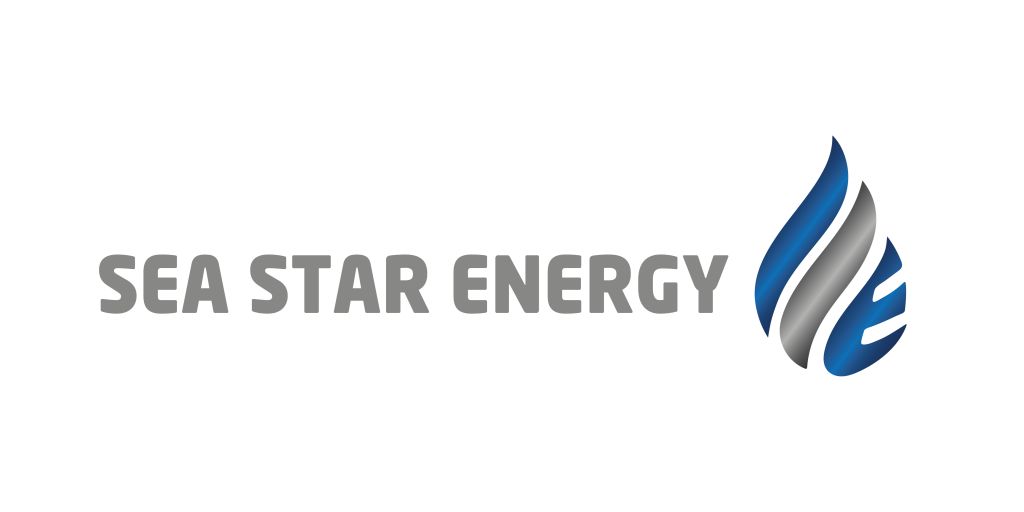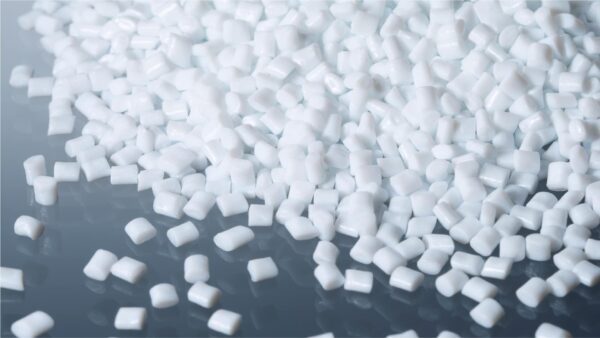Polyethylene terephthalate (PET) is a thermoplastic polyester resin with the chemical formula (C10H8O4)n. Such resins can be divided according to viscosity. Low viscosity PET has a viscosity of less than 0.75, while high viscosity type has a viscosity of 0.9 or higher. This polymer is practically unbreakable, colorless, light in weight, and belongs to the category of transparent polymers.
The strength of PET is high and it shows itself especially in beverage bottles, making this material suitable for making portable and sports bottles. Transparency makes the contents of the containers visible, which is a very important point in the food business.
The weight of PET bottles is very low and has been decreasing in recent years, so that today the weight of these bottles is between 20 and 30 grams. One of the important properties that has made this compound suitable for many applications is its high strength in combining with other thermoplastic polymers such as polyethylene, polypropylene, polycarbonates, polystyrene, ethyl vinyl acetate, etc.
Properties:
Value property
Chemical formula C10H8O4)n)
The melting temperature is 260 degrees Celsius
Normal molding temperature is 74 to 91 degrees Celsius
The thermal bending temperature is 70 degrees Celsius
152 MPa tensile strength
221 MPa bending strength
Specific weight 1.56
Density 1.37 grams per cubic centimeter
Production
Polyethylene terephthalate resins are commercially produced from ethylene glycol and dimethyl terephthalate (DMT) or terephthalic acid (TPA). DMT and TPA are both solids, DMT melts at 140°C while TPA sublimes.
In both processes, the intermediate monomer bis-2-hydroxyethyl terephthalate (BHET) and also methanol (in DMT process) or water (TPA process) are produced. Then BHET monomer is polymerized under low pressure and in the presence of catalyst and heat to produce PET.
applications
Low viscosity resins, sometimes known as staple PET (textile grade) are used in the production of various products such as textile fibers, bottles and photographic films. High viscosity resins, which are sometimes called industrial or high denier, are used in the production of ropes, safety belts, etc.
This material is widely used in the production of synthetic or artificial fibers (such as polyester fibers), which form the largest part of the synthetic fiber industry. PET is also widely used in food packaging such as beverage bottles and frozen foods that can be heated in the microwave.

